Symbols of Defeat in the Construction of National Identity
If nationalism is the assertion of legitimacy for a nation and its effectiveness as a political entity, why do many nations emphasize images of their own defeat in understanding their history/ Using Israel, Serbia, France, Greece, and Ghana as examples, the author argues that this phenomenon exposes the ambivalence that lurks behind the passions nationalism evokes. Symbols of defeat glorify a nation's ancient past, while reenacting the destruction of that past as a necessary step in constructing a functioning modern society. As a result, these symbols often assume a foundational role in national mythology. Threats to such symbols are perceived as threats to the nation itself and consequently are met with desperation difficult for outsiders to understand.
In this rich account, Mock reinvents ethnosymbolic approaches to nationalism. Deftly navigating between the scylla of postmodernism and charybdis of rational choice, he hits the sweet spot between cultural studies and political science that has often been neglected by methodological tribalists. In bringing cultural sociology to bear on nationalist mythology, he reveals how these core myths serve as a surrogate religion for modern nations.
Eric Kaufmann, Professor of Politics, Birkbeck College, University of London
Nations can be made out of defeat as much as out of victory think of Israel and Masada, or Serbia and the battle of Kosovo Polje. These and other examples some not as well known but equally instructive provide Steven Mock with the material for a fascinating and persuasive account of this phenomenon.
Krishan Kumar, University of Virginia
In this very well-written, highly accessible, and cogently argued book, Mock demonstrates the importance myths of sacrifice and defeat play in the formation and reproduction of nationalist ideologies. This is the first comprehensive comparative analysis of the role of symbols of defeat in the construction of modern nation-states and as such represents a major contribution to several research fields including nationalism studies, historical sociology, anthropology, politics, and religious studies.
Sinia Maleevi

, Professor of Sociology, University College, Dublin
Using a comparative case-study approach, Steven Mock develops a provocative theory about nationalism's adaptation of the religious blood-sacrifice myth as the key to its powerful grip on modern societies. This is a book that will be sure to engender animated controversy.
Aviel Roshwald, Georgetown University, author of The Endurance of Nationalism: Ancient Roots and Modern Dilemmas
Steven J. Mock is colead researcher in the Balsillie School of International Affairs Ideational Conflict Project and teaches courses on nationalism, ethnic conflict, and power sharing in the Political Science Department of the University of Waterloo. Mock is a past chair of the Association for the Study of Ethnicity and Nationalism and a former editor and current member of the international advisory board for the journal Nations and Nationalism . Working on issues related to racism, ethnic conflict, and genocide and traveling extensively in Europe, the Balkans, and the Middle East piqued his interest in methods and theories for modeling symbols of identity and the emotions they evoke in conflict situations.
CAMBRIDGE UNIVERSITY PRESS
Cambridge, New York, Melbourne, Madrid, Cape Town, Singapore, So Paulo, Delhi, Tokyo, Mexico City
Cambridge University Press
32 Avenue of the Americas, New York , NY 10013-2473, USA
www.cambridge.org
Information on this title: www.cambridge.org/9781107013360
Steven J. Mock 2012
This publication is in copyright. Subject to statutory exception and to the provisions of relevant collective licensing agreements, no reproduction of any part may take place without the written permission of Cambridge University Press.
First published 2012
Printed in the United States of America
A catalog record for this publication is available from the British Library.
Library of Congress Cataloging in Publication Data
Mock, Steven J., 1972
Symbols of defeat in the construction of national identity / Steven Mock.
p. cm.
Includes bibliographical references and index.
ISBN 978-1-107-01336-0
1. Nationalism History. 2. National characteristics Memory. 3. Crises Psychological aspects History. 4. Memory Social aspects History. 5. Collective memory History. 6. Political messianism History. I. Title.
JC311.M54 2011
320.54dc22 2011015036
ISBN 978-1-107-01336-0 Hardback
Cambridge University Press has no responsibility for the persistence or accuracy of URLs for external or third-party Internet Web sites referred to in this publication and does not guarantee that any content on such Web sites is, or will remain, accurate or appropriate.
Acknowledgments
A work such as this, so many years in the making, naturally incurs a large debt of gratitude. I would like to thank, first of all, my family: my father, David Mock; my mother, Karen Mock (who also gave the proofs a final inspection); my brother, Dan, and his wife, Ashley, for always surrounding me in an environment that combined critical thought with a passion for social justice and tolerance, along with models of hard work and creative energy. I am grateful for the intellectual contribution and support of John Breuilly, Montserrat Guibernau, John Hutchinson, Dominic Lieven, and Anthony D. Smith, as well as my colleagues at the Association for the Study of Ethnicity and Nationalism (ASEN): primarily, my perennial co-chair, conference co-organiser, and co-author, Daphne Halikiopoulou; Harcourt Fuller, for helping me locate sources on Ghana; and Gordana Uzelac, for feeding me plum brandy while challenging me to defend the intellectual value of functionalism. The depth and breadth of this work benefitted greatly from the various conferences, debates, and seminars organized by ASEN, affording me opportunities to converse about these ideas with scholars such as Michael Billig, Michael Hechter, Krishan Kumar, Carolyn Marvin, Aviel Roshwald, and many others. The input of the (formerly) anonymous reviewers for Cambridge University Press (Eric Kaufmann and Sinia Maleevi

), along with the help of my editors, was also of great value.
Thanks go as well to Thomas Homer-Dixon and David Welch, both for preparing me in the early stages of my career with the necessary background in multiple interacting models and paradigms of international relations and peace and conflict studies, and more recently for helping me to secure a base at the Balsillie School of International Affairs (BSIA), from which I completed the final stages of this book. Some of the early research for this work was undertaken at the University of Toronto under the supervision of Thomas McIntire, while Peter Beyer was there to introduce me to the sociology and politics of religion in the modern world. This work could not have been completed without the financial and institutional support of the London School of Economics, Government Department, and the Morrison Fellowship in Peace and Conflict Studies at the BSIA.

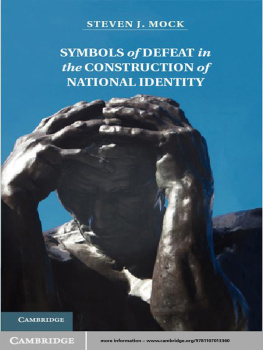


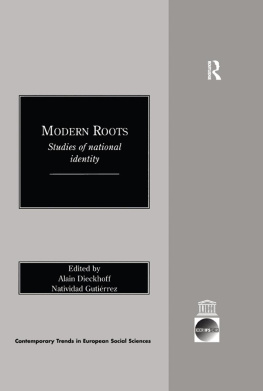
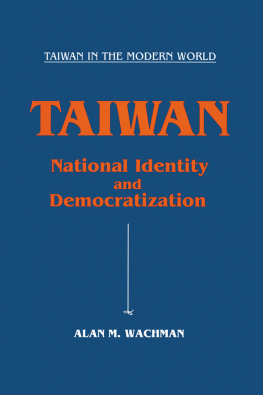
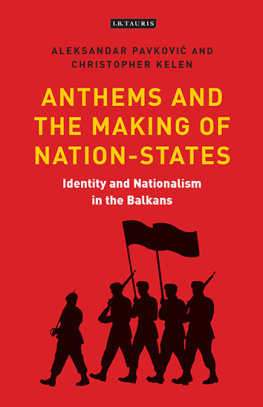
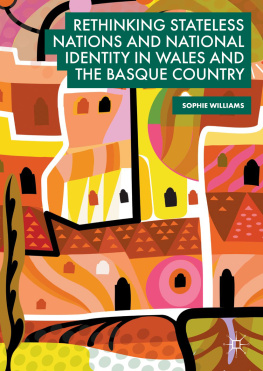
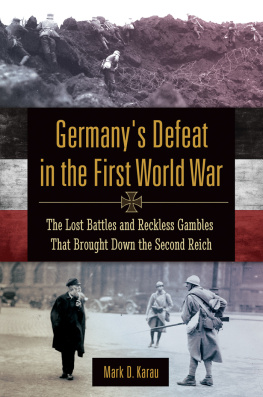
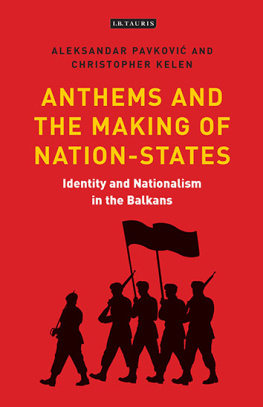
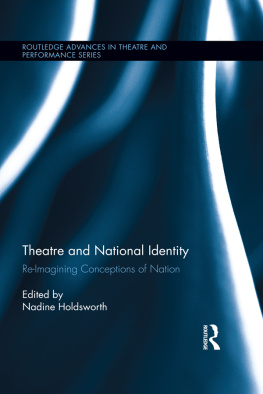

 , Professor of Sociology, University College, Dublin
, Professor of Sociology, University College, Dublin